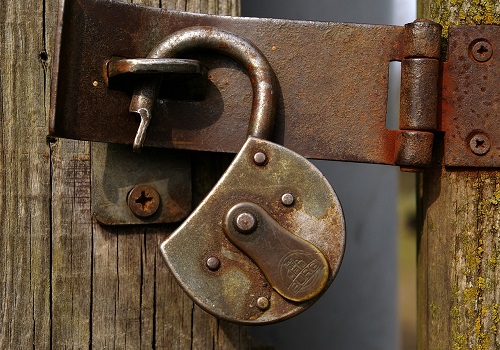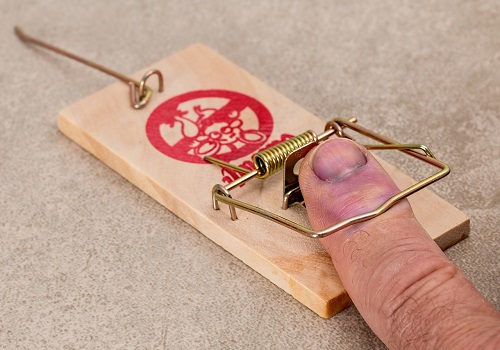The Customer Base
The Customer Base is for many businesses one of it’s principle assets, yet it’s often under valued particularly among SMEs. Take a bank for example, anyone with enough capital can in theory, enter the market, but look at the difficulty in persuading customers to transfer their accounts.
In practice, the rational behind many corporate takeovers is simply to acquire customers, buildings and factories are often surplus to needs and are disposed with.

Why are customer bases so valuable?
Quite simply, it is down to cost. Marketing studies will tell you that is costs on average about five times more to acquire a new customer than to look after an existing one!
Your existing customers provide a known audience to sell further products or services to. They can provide references and potentially recommendations to their friends and family.
If your business offers ongoing services, such as support, training or consumables, they are providing you with valuable regular income.
Don’t take anything for granted!
Nobody likes being taken for granted! Insurers, banks and utility companies have all been criticised for offering new customers better deals than existing ones. As a result, more buyers are shopping around, the same is true across the business spectrum.
With Social Media and the Internet, it’s now much easier for customers to shop around. E-shopping and E-buying allows companies many miles away to compete for business. Customers are now better informed, more street savvy and demanding.
Loyalty though still plays an important part for many in buying decisions. We are not all ruthless buyers of the cheapest offer.

What not to do
Nobody likes being trapped
We live in an open world, we expect to shop around. If a customer feels trapped, i.e. he can only go to you for support or spares for example, a feeling of being trapped develops.
Be competitive
Make sure your pricing and service is competitive for similar ones in the market. Avoid onerous terms and conditions. Don’t abuse a sole supplier or monopoly position, whilst it may boost profit short term, it will be damaging in the longer term.
What you should be doing
Communicate
No likes being ignored. Communicate with your customers, keep them informed of what you are doing, new products and successes. Newsletters are a valuable tool, complementing occasional human contact. Don’t forget the latter, an occasional telephone call or better still make time for a chat over a coffee.
Reward
Customer loyalty should be rewarded. Loyalty schemes are not difficult to implement. A free gift, a Christmas card or an invite to Golf day or similar, demonstrates that you care and can help to build stronger relationships. If relevant have a scheme to encourage and reward leads.
Efficiency
Have details close to hand. If a customer calls and you don’t know who they are, what they buy or do, they will not be too impressed.

Deliver good service
Last but by no means least, in fact delivering good service is probably the most important.
Loyalty is a two way thing, if you look after your customers, they are more likely to stay loyal to you, even if you are the cheapest. By supporting them when they call for help, by being reasonable on what you invoice them for and by striving to be a partner, guiding them, you will build loyalty.






